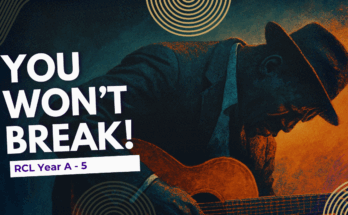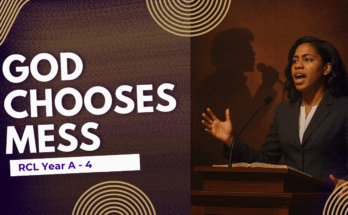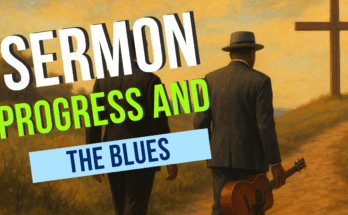As an Amazon Associate I earn from qualifying purchases.

Callahan and Kelley’s book Final Gifts suggest three important needs of the person who is dying.
The Dying Person needs Closure
The first primary need of the dying person is the need for closure. One could describe this as tying up all the loose ends. Many stories in the book demonstrate this need. For example, Joe held back his plans for living after his wife Laura died. This is described on pages 5–7. When Joe “shared his plans and gave her permission to die…Laura’s preoccupation and restlessness stopped. She became peaceful and remained so until she died a few days laterâ€â€with Joe tearfully holding her hand†(page 7). Laura was scared that her husband would not be able to handle living after she died. Joe was able to let her know that he would be able to live without her and thus her work was done. In short, the dying person “need[s] permission to die.†(pg 71)
This tying up of loose ends often does not only include fear of a loved one not being able to handle life without the dieing person, but also the need for resolution. In fact some die mentally painful deaths because they cannot have resolution with some important person in their life. Sometimes individuals need forgiveness for wrongs they have done to others. Others feel a great need for resolution with a supreme being. (pg 147) As pastoral caregivers we can make use of this understanding of others need for reconciliation and tying up loose ends to help us care for those who are dying
The Dying Person Needs Community
Another important need of a dying people is the need for community. Interestingly enough this community includes not just the living, but the dead. For example, it is not uncommon for the dying person to get visits from relatives who have died. These relatives comfort and assure the dying person that where they are going is a good place.
But the dying person also has a need for a group of living people to share in their journey. These people should place the needs of the dying person above their own. The community must help the dying person in the stage of denial. However the community should never support or humor the person in this denial (page 39). Neither should members of the community actually engage in the denial, which can weigh down on the dying person. (page 41)
Sometimes individuals in the community think that the dying person needs “cheering up.†But, like Mark who was dying of cancer, many “need…someone to listen to his pain, empathize with his sadness, and share his tears†(page 51). Callahan and Kelley sums this up by stating: “Dying people need the company of those who listen , those willing to understand their situations, those who continue to offer love and friendship in the face of death.†(page 60).
The Dying Person Needs Understanding
Perhaps one of the interesting needs of the dying person is the need to communicate and get understanding from others. This is really interesting due to the fact that often the dying person speaks in what could be described as riddles. Callahan and Kelley states that “dying people know they are dying…[t]hey attempt to share… information by using symbolic language to indicate preparation for a journey or change soon to happen.†(pg 73). Often the dying person can become upset if the message is not heard. The dying person will then continue to attempt to get the message across. Sometimes those who work with dying people think that the dying person is losing coherence. But one simply needs to know that dying people will attempt to speak in these terms.
Callahan and Kelley speak of two kinds of messages that dying people generally try to convey. “The first category of messages described what patients were experiencing.†(page 29) “The second category consisted of messages about something, or someone, needed so death would be peaceful.†(page 30) Understanding these messages will give the dying person a primary need and thus help the dying person have a better death and go to a peaceful rest.
As ministers we must make sure that we help the dying person in this final phase of life to fulfill these needs.
Amazon and the Amazon logo are trademarks of Amazon.com, Inc, or its affiliates.






